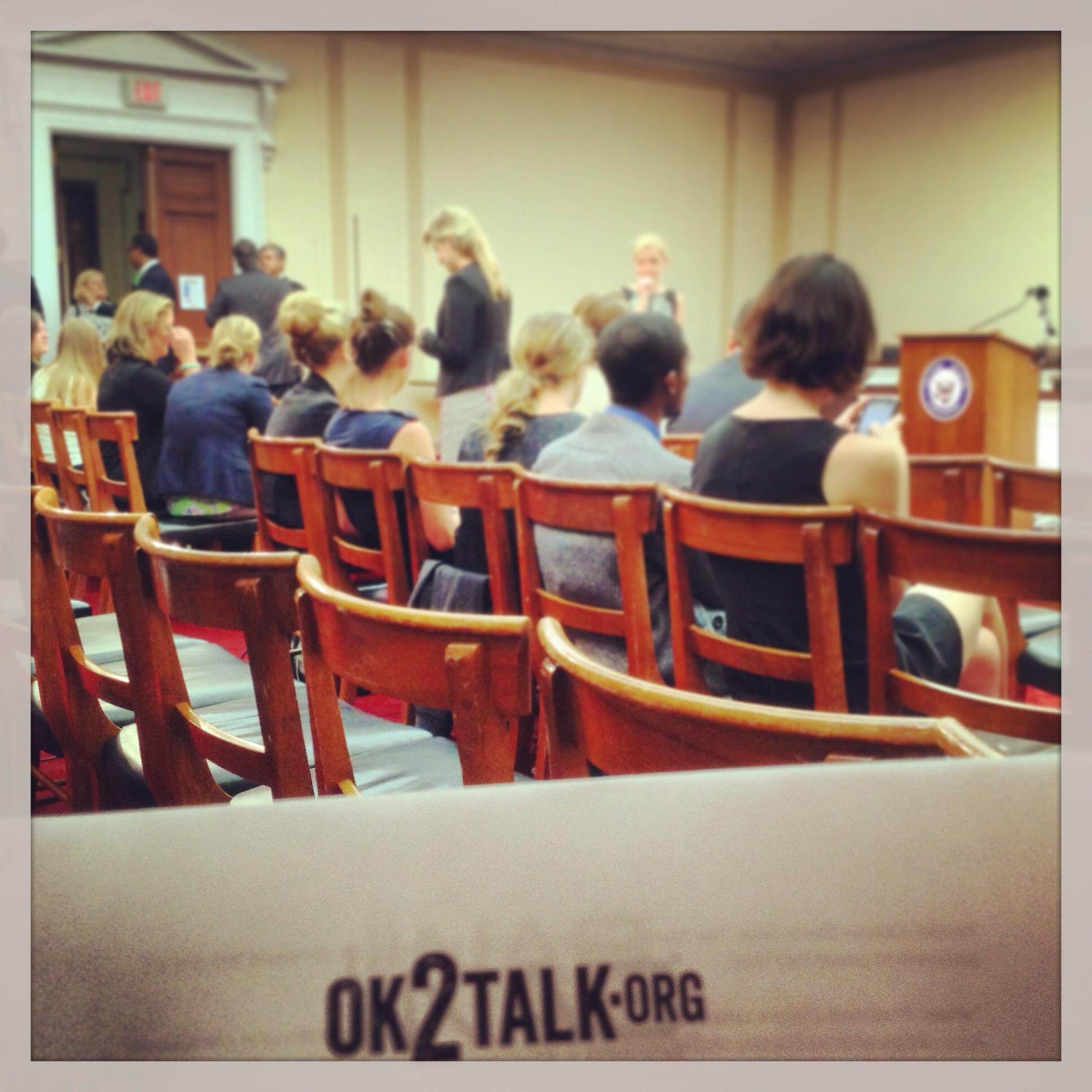 Experiencing a psychotic break can be an isolating and debilitating event. If I talk about it, will everyone think I’m “crazy”? Will I lose my friends? Will I lose my job? Will I ever get better?
Experiencing a psychotic break can be an isolating and debilitating event. If I talk about it, will everyone think I’m “crazy”? Will I lose my friends? Will I lose my job? Will I ever get better?
When mania grabbed a hold of my brain at the age of twenty-six, I thought my life was over. I had been hospitalized for three days and had to be tranquilized in order to force sleep, my mind brought back to reality only through the use of antipsychotics. The details were not pretty. I practically suffocated from the weight of keeping my pain bottled up inside. It seemed like no one in my immediate circle of family and friends understood what I had just gone through. My close friends tried, but the truth was everyone was so scared to talk about it.
I wanted desperately to find someone, anyone other than my psychiatrist and therapist, who knew what I was feeling. Wasn’t there anyone out there, a peer, who was like me?
My emotions pummeled my personality to the ground with their negativity. Thoughts raced through my head and nothing I did could make them stop.
Fear of the future. Guilt over what I had put my husband and family through. Sadness for the career that I had to leave behind. Disbelief in the words the doctors kept repeating. Anger that this was happening to me. Why me? Why?
I remember visiting bookstores with my parents where we’d search the Psychology section for titles that might help us understand what was happening to me. On one trip, my dad bought three thick paperbacks with promises on the cover which gave us hope. We went home and flipped through the pages, eager to find the answers to our questions.
We did find some, but they were clinical in nature. I was searching for different answers. I wanted to read personal stories of recovery and inspiration. I wanted to know that others had walked in my same shoes, had lost touch with reality, came crashing down to the darkest place they’ve ever felt, and made it out okay.
I wanted to know I’d be okay too.
Back then, in 2007, there weren’t many people blogging openly about bipolar disorder. There were women bloggers who were starting to open up about their experiences with postpartum depression, but blogging wasn’t nearly as prevalent as it is today. Social media was in its infancy, at least for regular Internet users like myself, so the ease in sharing information wasn’t quite there yet. You had to do the digging yourself, and my efforts at finding stories of hope and inspiration from other mental health consumers weren’t successful.
Back then.
The times, how they’re changing.
Today there are more and more people opening up each day about their journey to recovery from mental illnesses. There are blogs and vlogs, online support groups, Tedx talks, Facebook groups, and community performances which are educating the public on what it’s like to live with a mental illness. I’m proud to have opened up on my blog, sharing my true identity because I can now celebrate being a part of this change.
I can feel the change as its happening. I feel it in every email I get from a friend thanking me for writing about my story because they’ve been through something similar. I feel it in every message I receive on Facebook or Twitter from someone I’ve never met who has read my words and felt inspired to share their own.
This is how a movement starts.
It starts with one person who is brave enough to share, who inspires others to share, which in turn inspires the world to change.
On Tuesday I attended the launch event on Capitol Hill of #OK2TALK, a national media campaign produced by the National Association of Broadcasters in an effort to spread mental health awareness and teach young adults that sharing our stories of hope and healing can help others who are struggling. The campaign includes PSAs in both English and Spanish featuring teens and young adults talking openly about their experiences with mental illness. At the end of the ads, there is a call to action directing you to create the conversation about mental health online via social media.
NAB President and former Senator Gordon H. Smith described the campaign as “bringing the issue of mental health into the sunshine,” and I couldn’t agree more. I applaud the NAB for its commitment to increasing the awareness and understanding of mental health and I encourage you to contribute to the conversation via the blog, www.ok2talk.org.
Help is available and treatment is effective, and by encouraging society to be supportive of those struggling we will save lives.


